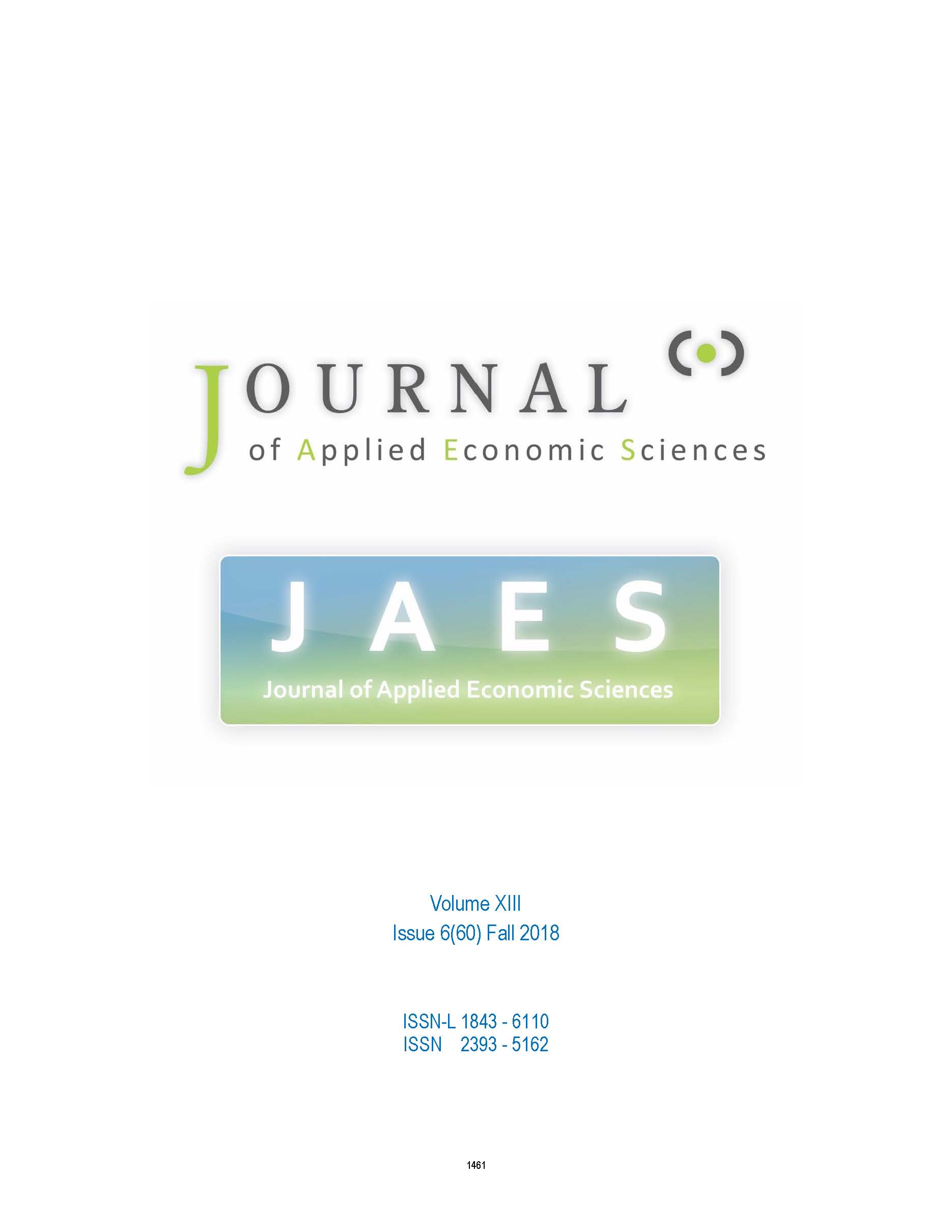Brexit and the United Kingdom’s Domestic and International Value Chains Second part: Special Focus on Key Global Value Chains
Brexit and the United Kingdom’s Domestic and International Value Chains Second part: Special Focus on Key Global Value Chains
Author(s): Hubert EscaithSubject(s): Economy, National Economy, Business Economy / Management, Accounting - Business Administration
Published by: Reprograph
Keywords: Brexit; value chains; global network;
Summary/Abstract: UK insertion in global value chains is analysed through the specific angle of inter-industrial relationships and international supply chains. The publication has been divided in two parts. The first one, provided a global network perspective and several synthetic indicators related to the strengths and weaknesses of UK’s insertion in global value chains. It identified also the jobs that are directly or indirectly created in the UK through exports. Because a hard Brexit is expected to increase trade costs and affect prices, this second part estimates the impact of additional tariff and non-tariff trade costs on the competitiveness of key sectors: Transport equipment, Chemicals and Electronics. Hopes that a devaluation of the Pound may compensate for higher trade costs must take into consideration that devaluation affects only the domestic share of the value-added, requiring larger exchange rate adjustment. In the case of Transport equipment, the required devaluation is around 30% if all tariff and non-tariff trade costs are passed to the producers.
Journal: Journal of Applied Economic Sciences (JAES)
- Issue Year: XIII/2018
- Issue No: 60
- Page Range: 1491-1508
- Page Count: 18
- Language: English

